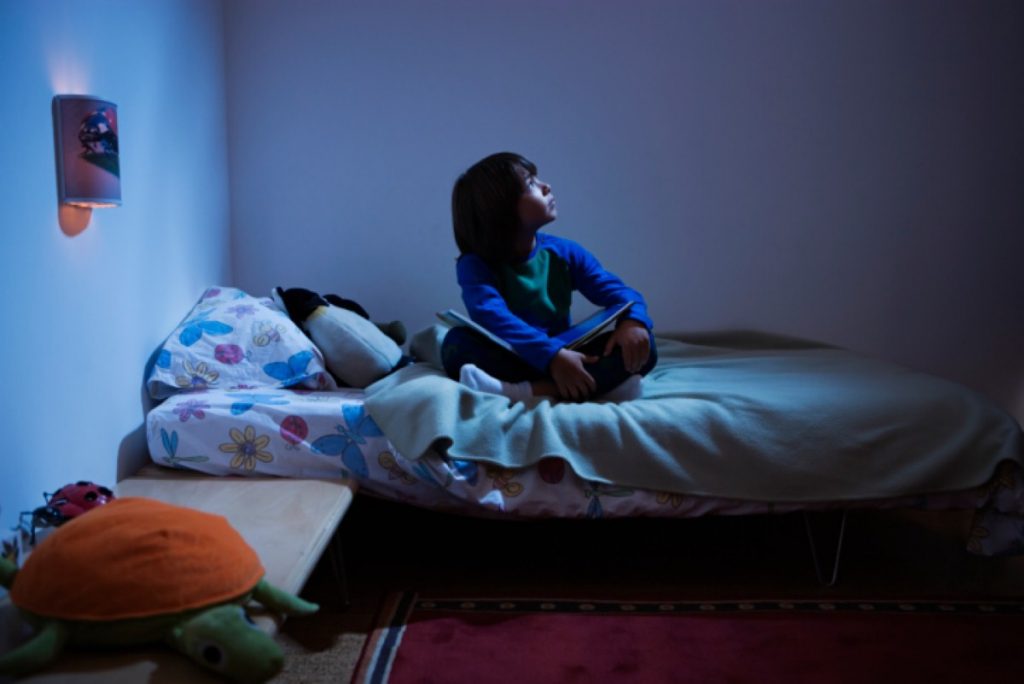The deportation game: What happens when refugees turn 18?
There's a rumour going round that any Syrian child brought to the UK under the refugee programme announced by David Cameron yesterday will be deported when they turn 18.
It's the product of Paddy Ashdown, former Lib Dem leader, who yesterday tweeted:
Minister in the Lords just confirmed refugee orphans and children brought in under Cameron's scheme will be deported at age 18.
— Paddy Ashdown (@paddyashdown) September 7, 2015
He made similar statements on the Today programme this morning, saying the government position had changed overnight. He wasn't quite right the first time and he certainly wasn't right the second time, but he's raising something important which we rarely talk about: how Britain treats young refugees when they turn 18.
First, what did he get wrong? Well, they won't necessarily be deported at 18 and it's unhelpful to suggest otherwise. Secondly, there was no change of position overnight.
During the Lords debate, Lord Wallace asked:
"When we hear about the fact that we will give priority to vulnerable children including orphans, can we have some reassurance from the government that they will not be summarily sent back after their 18th birthdays?"
Baroness Stowell, for the government, waffled for a bit, then said:
"The noble and learned lord asked a specific question about how the rules would apply to refugees when they arrive in this country. The same rules that exist now will apply."
Lord Ashdown then stepped in.
"On the question of refugees, may I ask her to confirm what I think she said a moment ago – that any child or orphan brought in under this scheme will, as is the case under present legislation, be deported at the age of 18? That is what she seemed to say. Is that correct?"
Baroness Stowell answered:
"The point I was trying to make about the way in which we will support refugees who come to us who are children is that there is a clear legal framework that applies when people arrive here as refugees, which includes, after so many years, people being entitled to residency in the United Kingdom. I am not suggesting that there is a new set of rules, or a change to existing rules, because of this expanded refugee programme at this time."
Her answer is as clear as mud, and also is legally questionable. Plenty of children who come here are not entitled to residency or citizenship when they turn 18. So what really happens?
Syrian kids will certainly not be automatically deported when they turn 18. Those brought in under the humanitarian protection programme will in most circumstances have that protection renewed at the end of the five-year period unless there has been a drastic improvement in their home country, or they've returned to their home country at some point or committed a serious criminal offence.
So is everything fine? No. Ashdown is right to be wary. Earlier this year, about 600 young Afghans were returned to the country. They'd arrived in the UK as unaccompanied children years before. They were educated here, put down roots here and made friends here. Most of them have no family which they know of in Afghanistan. But they turned 18, so the UK government shipped them back to a war zone – a country in which its own ministers say there is no possibility of safe return.
Once returned, there was very little UK government assistance on the other end. Most of the work was done by the Refugee Support Network.
Many of these young people have found their way to Calais, in a desperate bid to get back into Britain, the place they grew up in and the only home they've ever known. So when people ask about why these refugees don't claim asylum in France – this is one of the many reasons why. They are Brits, in everything but their passport.
This brutal reality is often the fate of child refugees. They arrive in the UK, apply for asylum and are usually rejected. But they are then given leave to remain as an unaccompanied asylum-seeking child. At 18, that status ends and they have to regulate their stay. Many are rejected.
A written answer yesterday showed how frequently we deport asylum seekers when they turn 18. Just six were rejected in 2006, but the number grew and grew. By 2010, it was 870. It stayed at that level for a while and then declined slowly until it hit 374 last year. But it is hardly a thing of the past, as those Afghan deportations show.

In this case, Ashdown happens to be rather over-egging the pudding. But while there is a public attention on our asylum system, it's worth highlighting just how reprehensible and cruel it can be to those given sanctuary here as a child.



